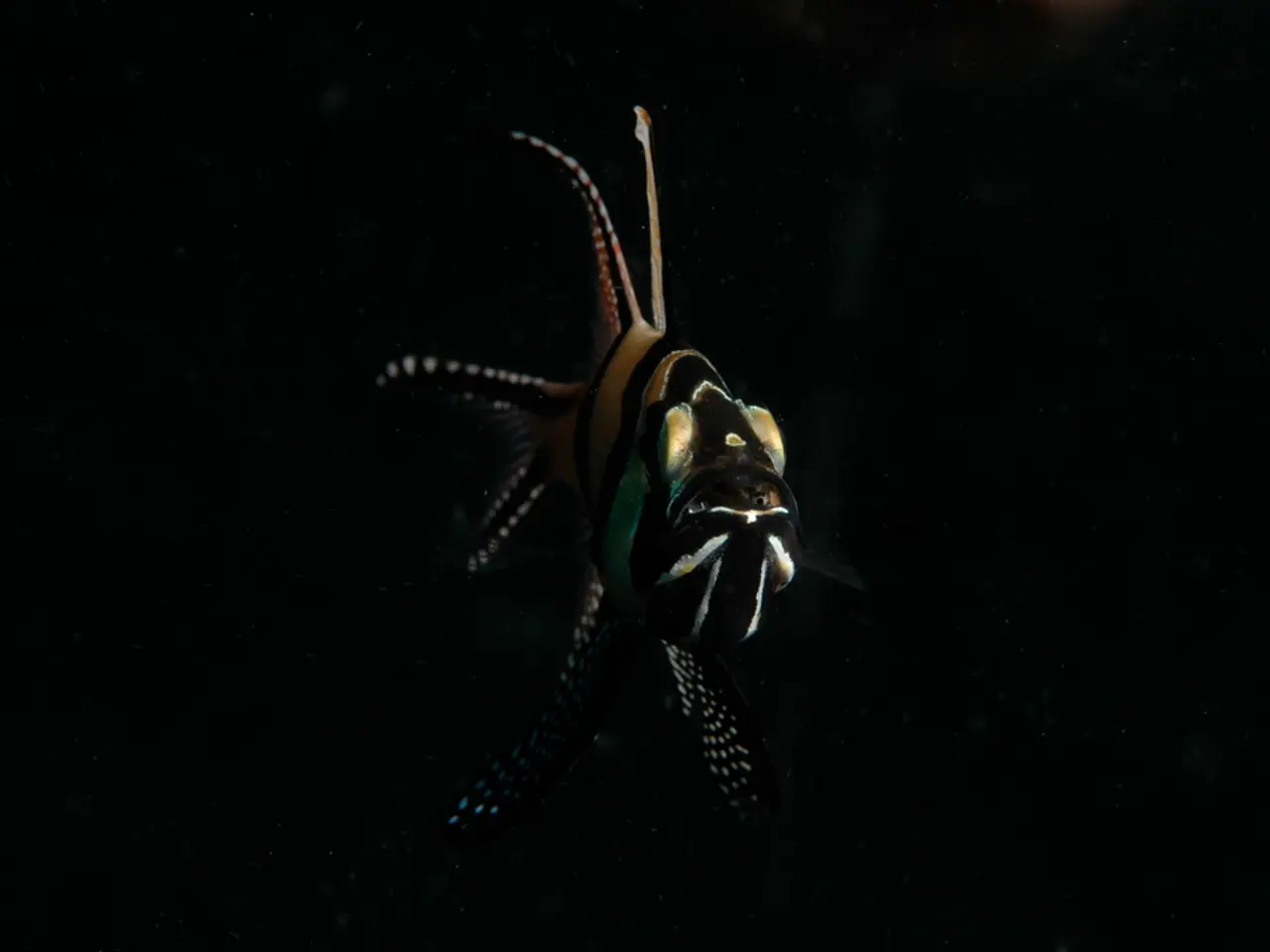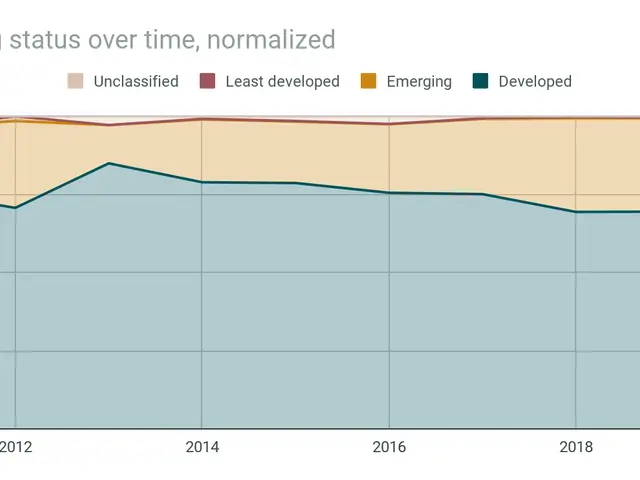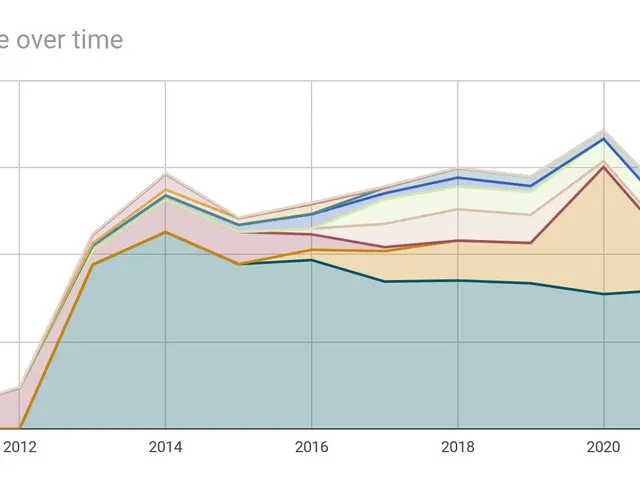Overfishing potentially needs a decade for fish populations in Blackwater to rebound, according to anglers, with reports suggesting over 40,000 marine lives were wiped out.
In the picturesque Blackwater River in North Cork, Ireland, a tragic event has unfolded. Over 40,000 fish, including salmon, eels, trout, and others, have been found dead, making it one of the largest recorded fish kills in Ireland's rivers [1][2][3][5].
Inland Fisheries Ireland (IFI) estimates that between 8,000 and 10,000 fish have perished in the past ten days [2][3]. Local angling clubs, however, believe the number could be as high as 46,000 fish across a 30-kilometer stretch of the river and its tributaries [1][2][3][4][5].
The exact cause of this devastating fish kill remains a mystery. IFI suspects a disease outbreak in the wild fish population, possibly influenced by environmental changes [3][4]. Preliminary water quality tests by the Environmental Protection Agency (EPA) and inspections of water treatment plants and licensed commercial discharges have revealed no evidence of pollution or harmful discharges [1][3][4].
As the investigation continues, fish samples have been sent to labs for analysis, with results expected in the coming weeks [2][3]. The Marine Institute is also awaited to provide a report as IFI seeks to establish the cause of the fish kill.
The recovery timeline for the river is uncertain due to the ongoing investigations and the unknown cause. Typically, recovery in wild fish populations after a mass die-off depends on several factors such as the removal or mitigation of the cause, natural reproduction rates of affected species, suitable water quality and habitat conditions, and continued monitoring and protective measures [3][4].
Given the scale of the event and the lack of signs of pollution, recovery could take months to years. IFI continues to monitor the situation and advises public reporting of fish kills to aid assessment and recovery efforts [3][4].
The loss is expected to significantly affect the returning salmon population for the next 12 to 15 years [6]. Conor Arnold, the chairman of Killavullen Angling Club, estimates it will take eight to ten years for the fish stocks to replenish [7].
The tragedy has not gone unnoticed. Minister of State at the Department of Agriculture Timmy Dooley and Cork North-West TD and Minister of State Michael Moynihan visited the Blackwater river to meet with local anglers [8]. IFI's acting chief executive Suzanne Campion finds the fish kill distressing for anglers and staff who have cared for the fish in the catchment [5].
Dan Dennehy, club secretary of Kanturk and District Trout Anglers, described the fish kill as "devastating" and "off the scale" [9]. As experts work to understand the cause and begin the process of regeneration, the Blackwater river and its community face a long road to recovery.
Read also:
- Amidst India's escalating climate crisis, transgender individuals continue to persevere
- Germany's three-month tenure under Merz's administration feels significantly extended
- Governing body allegedly persists in enjoying vacation time amidst Spain's highest danger level due to fires, claims Feijóo
- United Nations Human Rights Evaluation, Session 45: United Kingdom's Statement Regarding Mauritius' Human Rights Record








